Zhakata’s journey to fame
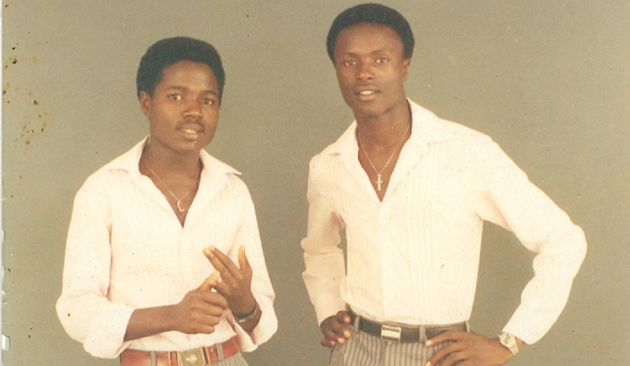
Godwin Muzari Memory Lane
“We underestimated our popularity when we visited Mutare in 1994. Our song “Mugove” was beginning to make waves, but we were still hesitant to call it a hit. When we arrived at Sakubva Stadium for a show, we got the shock of our lives.
“People mobbed our car. I was with Thomas Makion and, as soon as I stepped out of the car, I was hauled up with force. For a moment, I was confused as fans carried me to the stage. Makion had to use an empty bottle that was in the car to scare away fans to avoid being lifted too. He was afraid of losing his belongings in the commotion and was not sure about our safety in such circumstances.
“I was thrown on stage and there was excitement in the stadium. That is when we realised our mission was bigger than our expectations.”
This was Leonard Zhakata’s narration as he went down memory lane last week. The occasion is still vivid in his memory. He said it is one of the highlights of his career and it was the biggest mark of the beginning of his popularity.
Zhakata and his nephew, the late Makion, took the industry by storm beginning in the 90s when they were going by the name Maungwe Brothers.
Zhakata’s hit “Mugove” and “Makorokoto” by Makion exhibited the duo as a forceful combination. They were still young boys in an industry that boasted big names like Thomas Mapfumo, Oliver Mtukudzi, Leonard Dembo, Marshal Munhumumwe, Khiama Boys and Simon Chimbetu among others, but they were beginning to claim their share of popularity.
“The Mutare show was indeed an eye-opener. We were to encounter such receptions at other next shows and we got used to it with time. We knew we had multitudes of fans to serve and it meant a lot of hard work.”
A similar incident took place in Zvishavane where some fans were injured in a melee at Mandava Stadium after Maungwe Brothers arrived late for a show.
“We had a problem on our way to Zvishavane and we arrived for the show late. Thousands of fans were gathered outside the stadium and there was pressure as soon as we arrived. We had just begun performing when fans brought down the security wall at the stadium.
“There was commotion and most fans got in for free. It was unfortunate because some fans were injured in the chaos. We had a huge loss but we proceeded with the show and the huge crowd really enjoyed the night. Because of the unfortunate incident, we began to engage the services of the police for security. We were initially hiring security companies and the police became our permanent solution to avoid similar incidents.”
Maungwe Brothers’ performance at Jenaguru at Gwanzura Stadium in 1995 confirmed the group’s massive popularity.
They stole the show at an event that featured some of the country’s biggest musicians and their claim to fame was sealed.
However, like many other successful music groups that split at the peak of their careers, Maungwe Brothers disbanded.
Zhakata says their split was amicable because they had always treated their composition separately.
“We knew that we had separate careers and that is why we always recorded albums separately. We had an agreement that the first person to consider a solo career would leave everything including equipment and the name of the band,” Zhakata recalled.
“I heard that Thomas was rehearsing with another group behind my back, but he denied it. As it became clear that he was going to leave, I realised he was putting more effort in his personal project and I decided to move on. I was the first one to announce that I was taking a solo path and I left everything with him.
“However, we continued working together in many ways. Even when things got tough for his group, he sought assistance from me and we helped him to record an album. Our relationship went beyond music and we could never be enemies.”
As relatives, Zhakata and Makion had known each other since childhood. Zhakata was a composer while Makion was a dancer who drew much inspiration from Michael Jackson.
They began working on music when they were still at school. Because they did not have resources to assemble a band, the duo sought assistance from groups like Marxist Brothers, Haka Sounds and Real Sounds in the early days of their career.
They then worked with Zimbabwe Stars and got a slot to perform weekly at Mushandirapamwe Hotel in Highfield. Lady luck smiled on them when, in 1991, a foreign promoter Paula Fraser identified them as a talented group and booked Maungwe Brothers for a European tour.
It was a rare achievement for an upcoming group to be chosen for such a tour when there were many established artistes making waves in the industry.
“Fraser said he wanted young talented musicians and we were lucky to tour Europe when we were little-known in our country. In 1992 we spent two months in the UK doing various shows. We were surprised by the reception we got from a largely white community. The tour kick-started our career in a good way and we managed to buy music equipment. When we returned home, we were ready to stand on our own.” And they indeed stood their ground and made a breakthrough and became known as ‘Vakomana Vemabhandi’ due to their unique dressing style that was inspired by Michael Jackson and Congolese rhumba groups.
It was not surprising when, a couple of years later, Zhakata was named in the top four of local music at Tatenda/Siyabonga Annual Music Awards (TSAMA) together with Mapfumo, Mtukudzi and Chimbetu.
Besides “Makorokoto” Makion did hits like “Kuparara Kwenyika”, “Zino Irema” and “Ndaringa”. However, his career took a downturn and by the time of his death his popularity has declined.
After gaining massive popularity through “Mugove” off the album “Maruva Enyika”, Zhakata did other popular albums that include “Nhamo Dzenyika”, “Vagoni Vebasa”, “Dzave Ndangariro”, “Udza Vamwe”, “Ndingaite Sei” and “Mubikira” among others.
His latest album “Zvangu Zvaita” did well with the song “Dhonza Makomborero” being voted the best song of 2014 at Zimbabwe Music Awards while it was also on number one of that year’s Coca-Cola Radio Zimbabwe Top 50.
Zhakata is currently working on a new album that is set for release in June. He has done a number of charity work projects with various companies and is currently on a hand-washing campaign with Action Aid, Farm Community Trust and Combined Harare Residents’ Association. He also does evangelism work with United Family International Church.
The musician is optimistic that his upcoming album will make a huge impact and described it as a bridge between his old and new styles of music.
- feedback: [email protected]

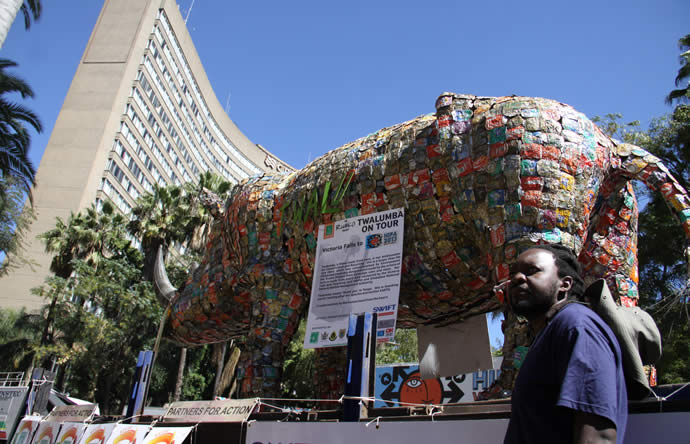
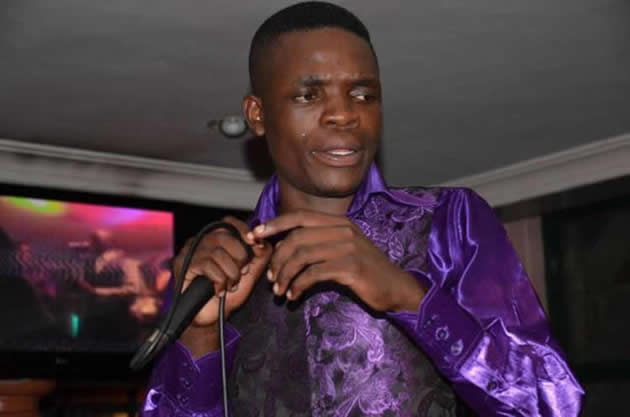
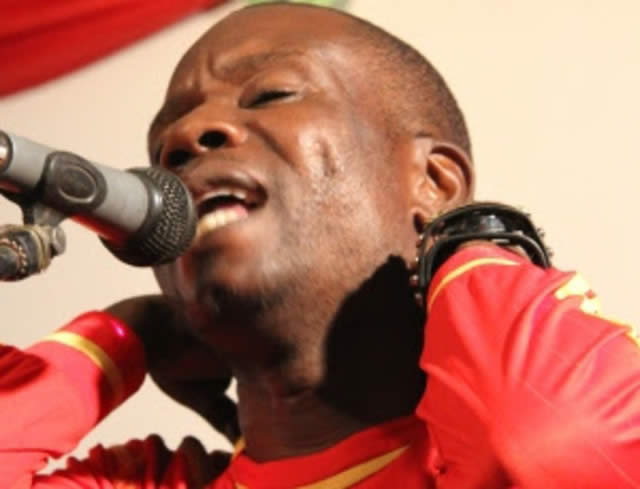
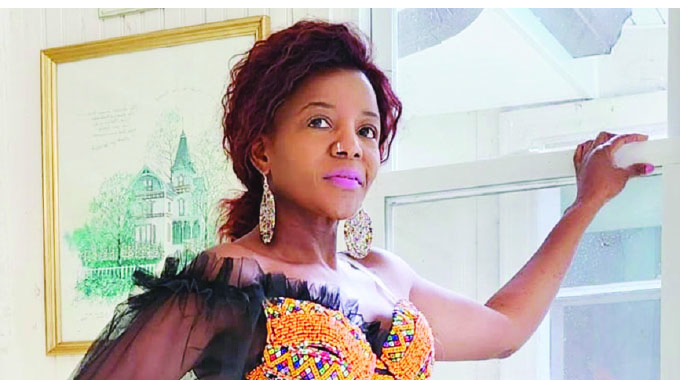


Comments